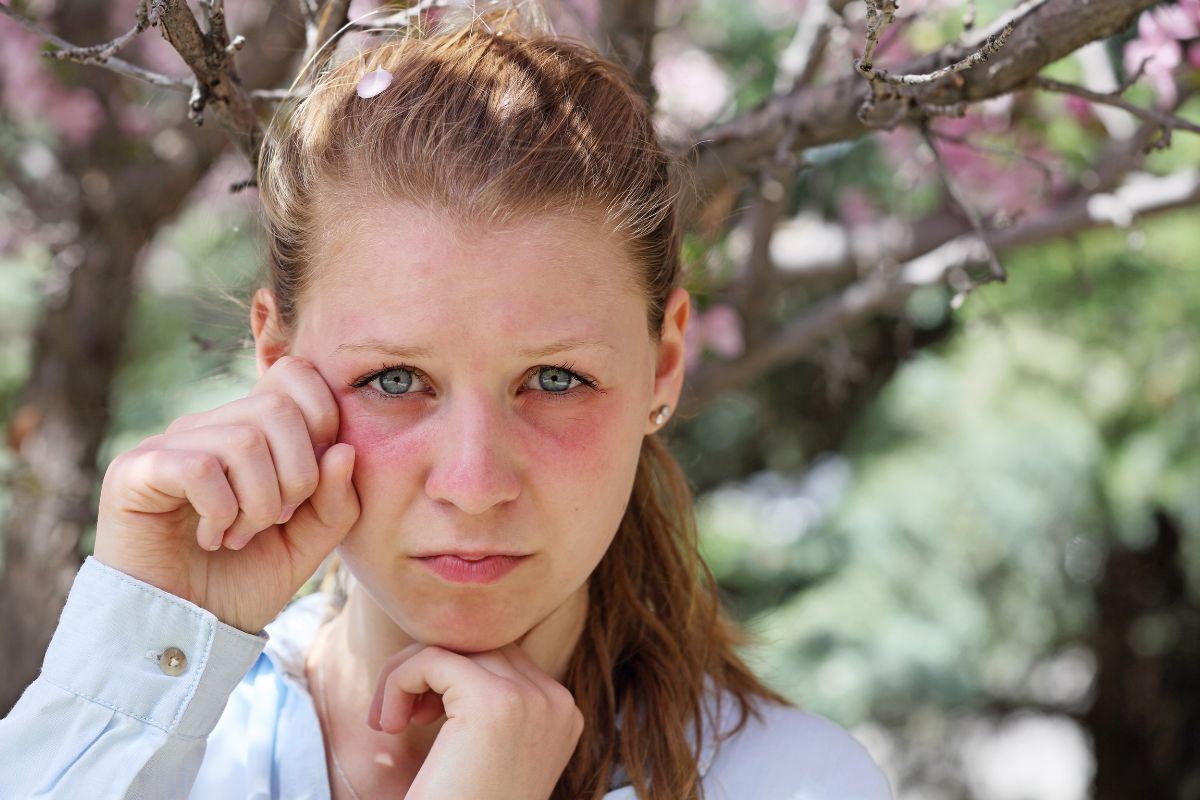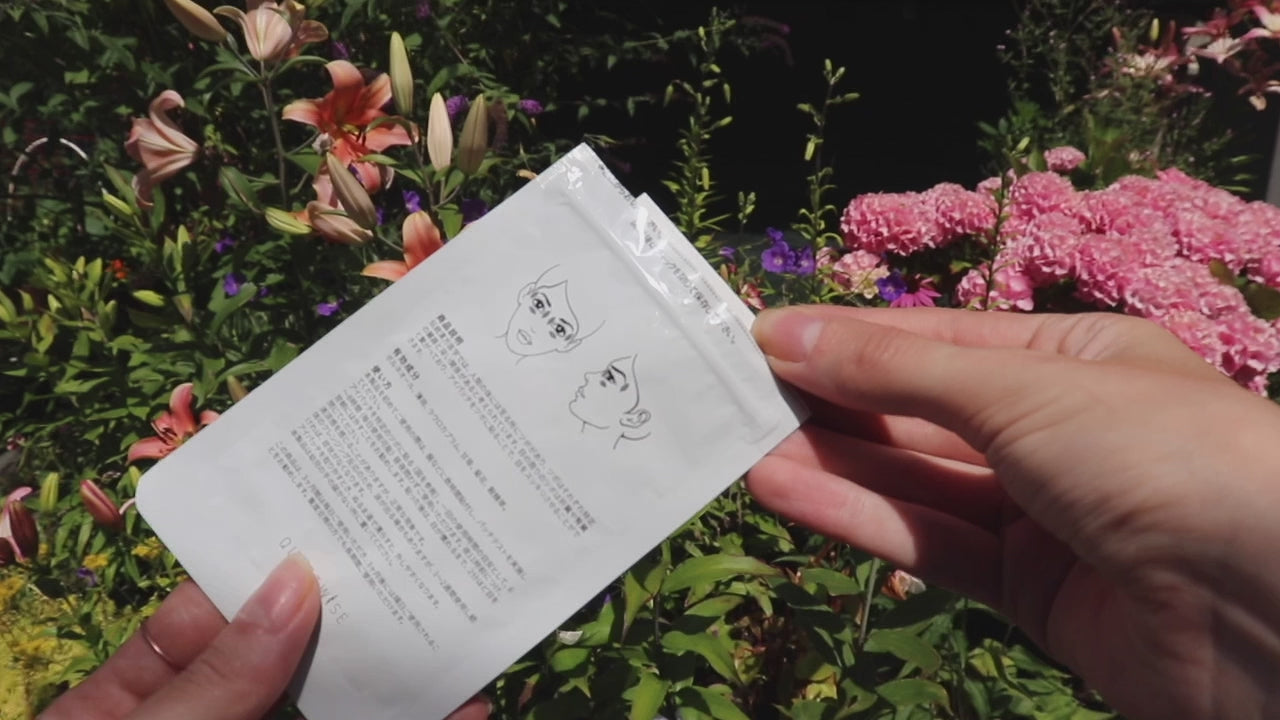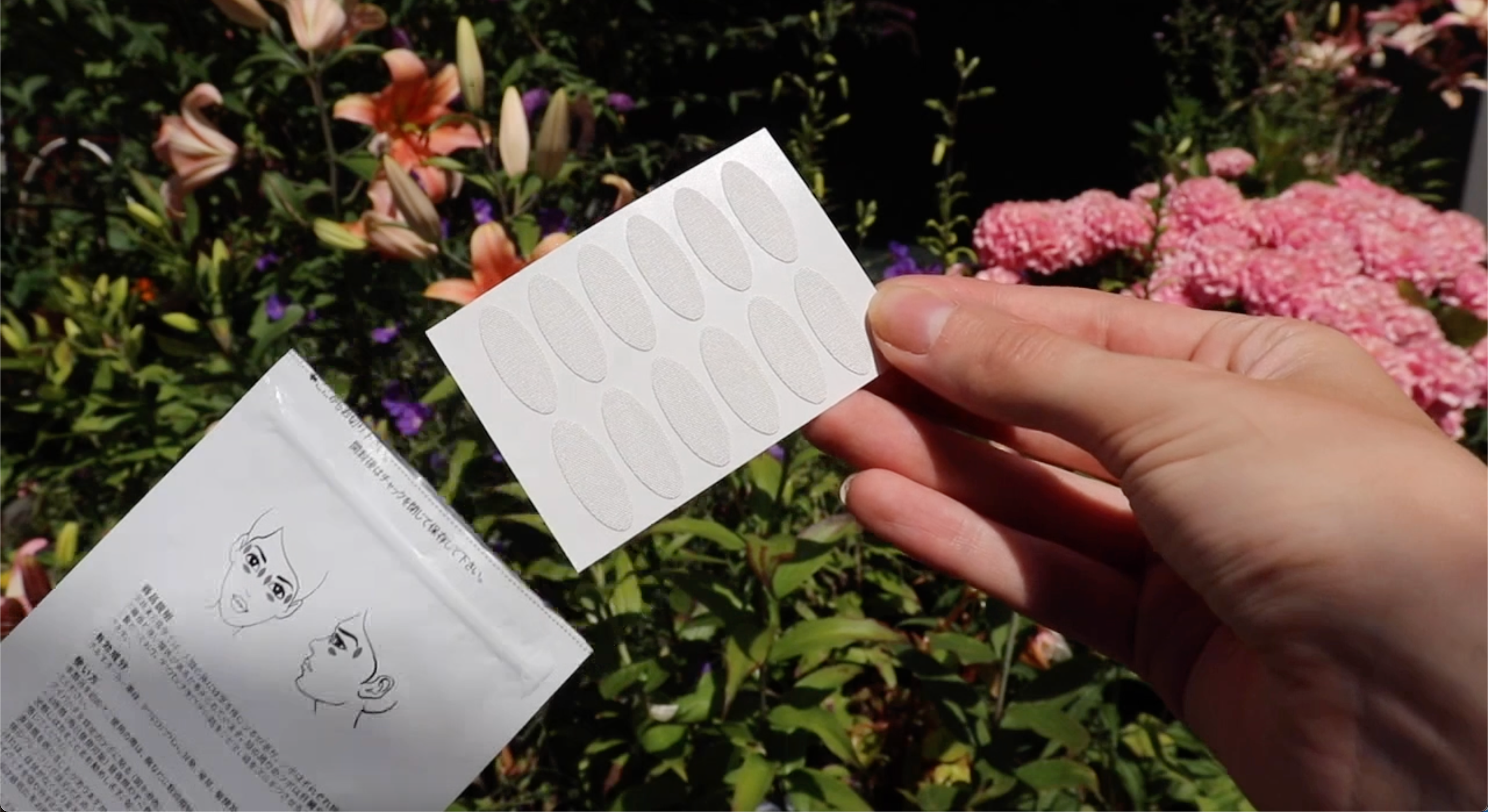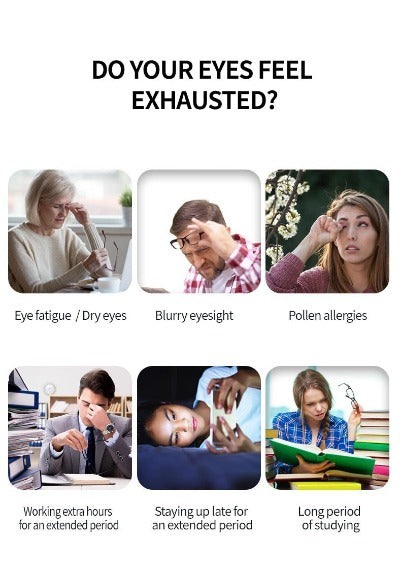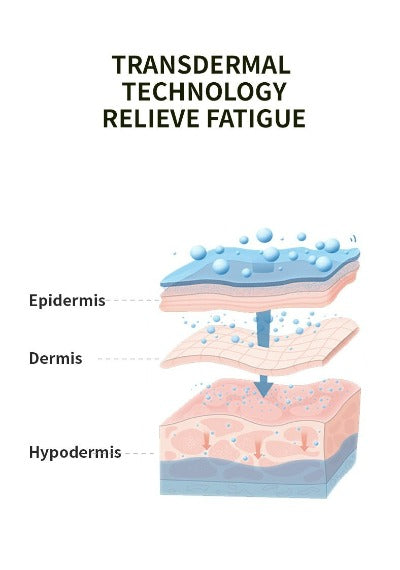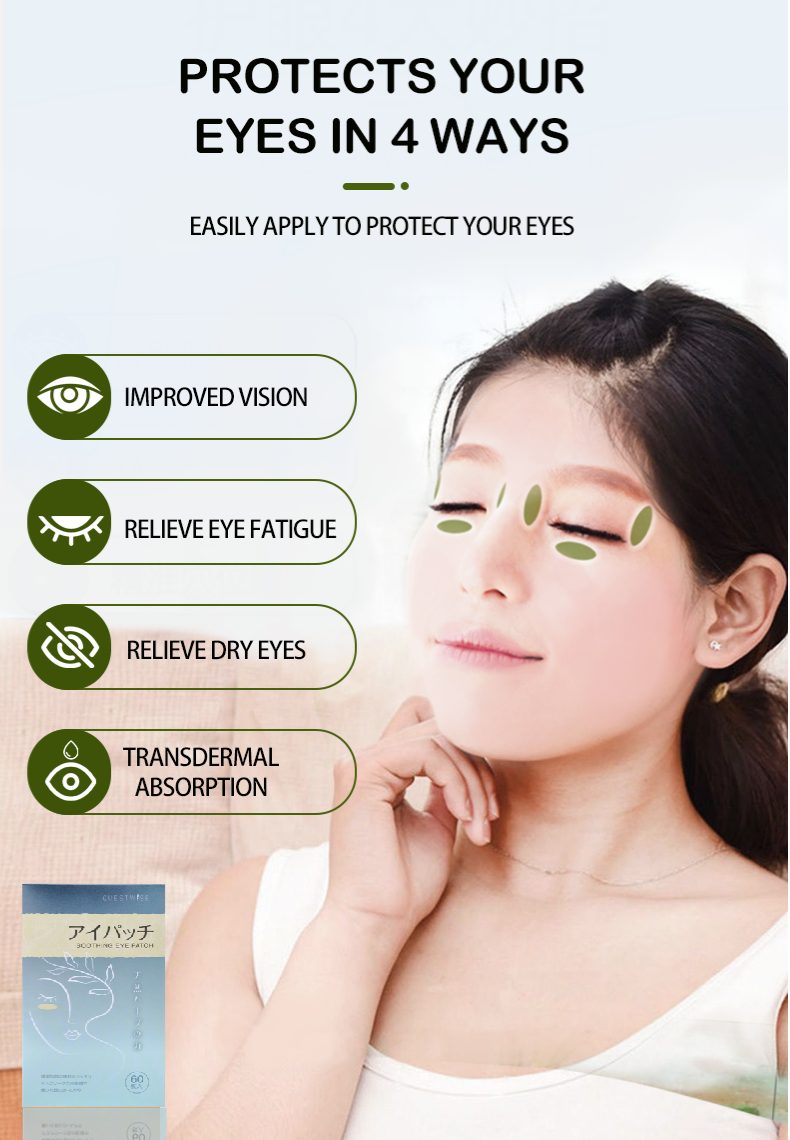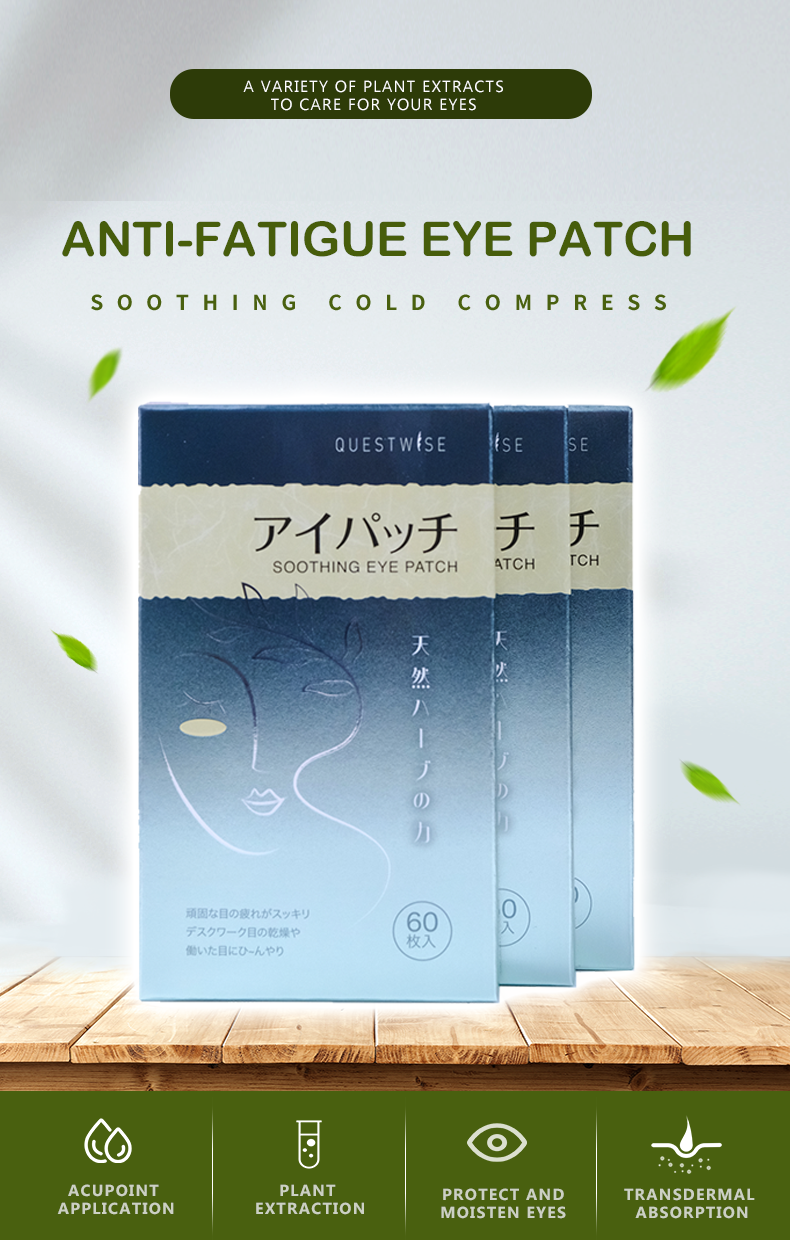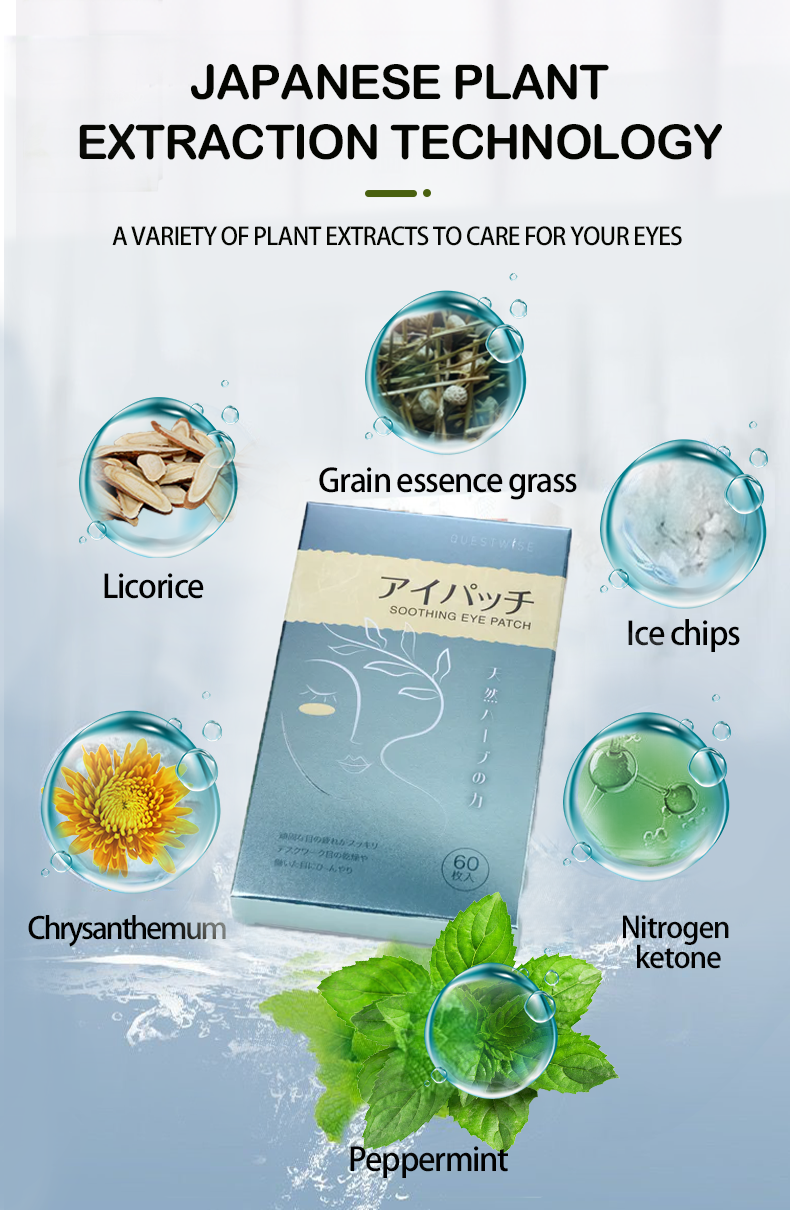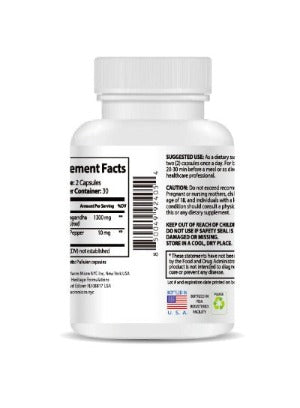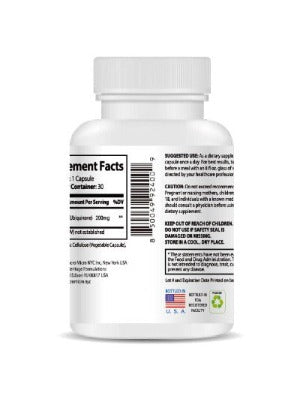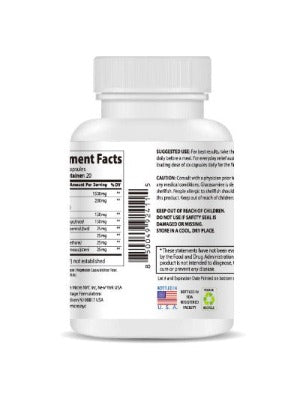Top 10 Ways to Soothe Seasonal Allergies Eyes in 2025: A Comprehensive Guide
Spring has sprung! The air is filled with the sweet scent of blooming flowers, the joyful chirping of birds, and… the relentless itch of seasonal allergies? For many, the arrival of spring and its vibrant flora brings not only beauty but also the unwelcome symptoms of allergic rhinitis, particularly the irritating effects on the eyes. Watery, itchy, red, and swollen eyes can significantly diminish your quality of life, turning even the simplest daily tasks into uncomfortable ordeals. But fear not, allergy sufferers! 2025 offers a wealth of knowledge and innovative products to help you effectively manage and soothe your seasonal allergy eyes. This expansive guide will explore ten top-tier strategies, backed by scientific understanding and practical advice, to conquer those pesky allergy symptoms and restore comfort to your vision. Prepare to say goodbye to itchy, watery eyes and hello to a spring season filled with comfort and clarity.
Understanding the Root Cause: A Deep Dive into Seasonal Allergy Eye Symptoms
Seasonal allergies, often referred to as hay fever or allergic rhinitis, manifest when your immune system mistakenly identifies harmless outdoor allergens—like pollen from trees, grasses, and weeds—as invaders. This misidentification triggers an overreaction, leading to the release of histamine, a potent chemical compound responsible for the characteristic symptoms of allergic reactions, many of which affect the delicate tissues of your eyes. The severity of these symptoms can vary greatly, depending on individual sensitivities, the level of allergen exposure, and other influencing factors.
Common eye symptoms associated with seasonal allergies include:
- Intense Itching: An unrelenting itchiness in and around the eyes, often leading to constant rubbing and potential irritation.
- Excessive Tearing (Watery Eyes): Your eyes attempt to flush out the irritants by producing excessive tears, leading to discomfort and blurry vision.
- Eye Redness: Blood vessels in the conjunctiva (the membrane lining the inside of your eyelids and covering the white part of your eye) dilate, causing redness and inflammation.
- Eyelid Swelling: Puffiness and swelling around the eyes, particularly the eyelids, can make it difficult to open your eyes fully.
- Burning or Stinging Sensation: A persistent burning or stinging feeling in the eyes, adding to the overall discomfort.
- Photophobia (Light Sensitivity): Increased sensitivity to light, making bright sunlight or artificial light sources uncomfortable or even painful.
Top 10 Ways to Soothe Your Seasonal Allergies Eyes: A Step-by-Step Guide
- Cold Compress Therapy: Immediate Soothing Relief: Applying a cool, damp cloth or a dedicated cold compress to your closed eyelids for 10-15 minutes can provide nearly instant relief from itching, swelling, and inflammation. The coolness constricts blood vessels, reducing the redness and puffiness.
- Artificial Tears: Lubrication for Dry, Irritated Eyes: Over-the-counter lubricating eye drops, especially those formulated without preservatives, can effectively alleviate dryness and irritation. These drops help to wash away allergens and restore moisture to the eyes, providing temporary relief.
- Oral Antihistamines: Systemic Control of Allergic Reactions: Oral antihistamines are a well-established method of reducing histamine production throughout the body. By targeting histamine, these medications reduce allergy symptoms, including eye irritation, but be aware of potential drowsiness as a side effect.
- Nasal Corticosteroids: A Holistic Approach to Allergy Management: Nasal sprays containing corticosteroids help reduce inflammation in the nasal passages. Since nasal and eye allergies are often interconnected, targeting nasal inflammation can indirectly improve eye symptoms.
- Warm Compresses: Gentle Relaxation and Improved Circulation: Unlike cold compresses, warm compresses can help relax the eye muscles and improve blood circulation, which can alleviate discomfort and promote healing. Try alternating between warm and cold compresses for optimal relief.
- Meticulous Eyelid Hygiene: Gentle Cleansing to Remove Irritants: Gently cleansing your eyelids with a warm washcloth and a mild, hypoallergenic cleanser can help remove allergens, debris, and irritants that may be exacerbating your symptoms. Avoid harsh scrubbing.
- Digital Detox: Reducing Screen Time to Minimize Eye Strain: Prolonged screen time can significantly worsen eye strain, particularly when combined with allergy symptoms. Taking frequent breaks from screens, practicing the 20-20-20 rule (look at something 20 feet away for 20 seconds every 20 minutes), and ensuring proper lighting can make a noticeable difference.
- Targeted Allergy Eye Drops: Precise Relief for Allergic Conjunctivitis: Allergy eye drops containing antihistamines or mast cell stabilizers provide targeted relief from the symptoms of allergic conjunctivitis. Consult your doctor or pharmacist to select the appropriate formulation for your specific needs.
- Hydration, Hydration, Hydration: The Importance of Water Intake: Staying properly hydrated is essential for overall health and can also help alleviate some allergy symptoms. Aim for at least eight glasses of water per day to support your body's natural detoxification processes.
-
Soothing Eye Patches: A Luxurious and Effective Treatment: For a targeted, luxurious, and effective treatment, consider using Wise Quest Soothing Eye Patches - 1-Month Care Pack. These innovative patches harness the power of traditional Chinese herbal medicine to fundamentally relieve eye fatigue, dryness, astringency, redness, and swelling. They promote healthy blood circulation and help alleviate discomfort and disease.

Beyond the Basics: Advanced Strategies for Allergy Relief and Prevention
While the aforementioned tips offer a robust foundation for managing seasonal allergy eye symptoms, incorporating these advanced strategies can further enhance your allergy management plan and improve your overall comfort:
- Invest in High-Quality Air Purifiers: Using an air purifier equipped with a HEPA filter can significantly reduce the number of airborne allergens in your home, minimizing your exposure and reducing symptoms.
- Shower Before Bed: Removing pollen that has accumulated on your hair and skin throughout the day before you sleep can help prevent nighttime allergy flare-ups and improve sleep quality.
- Consistent Cleaning: Regularly dusting, vacuuming, and cleaning surfaces throughout your home helps minimize allergen accumulation and reduces your exposure to triggers.
- Stay Informed with Pollen Forecasts: Use daily pollen forecasts to make informed decisions about outdoor activities, minimizing your exposure to peak pollen levels.
- Allergy Testing for Personalized Treatment: If your allergies are severe or persistent, consult an allergist for allergy testing to identify your specific triggers and explore options like immunotherapy.
- Consider a Saline Nasal Rinse: Gentle rinsing of your nasal passages with a saline solution can help remove allergens and reduce nasal congestion, which can indirectly alleviate eye symptoms.
- Protect Your Eyes Outdoors: Wear sunglasses and consider using protective eyewear when outdoors during peak pollen seasons.
- Dietary Changes: Some individuals find relief from allergy symptoms by eliminating certain foods from their diet. Consult a registered dietitian or allergist for guidance.
- Stress Management: Stress can worsen allergy symptoms. Incorporate stress-reducing activities like yoga, meditation, or spending time in nature.
When to Seek Professional Medical Advice: Recognizing the Need for Expert Help
While home remedies and over-the-counter treatments can effectively manage many allergy symptoms, it is crucial to seek professional medical attention if your symptoms are severe, persistent, worsening, or accompanied by other concerning signs. An ophthalmologist or allergist can provide a proper diagnosis, recommend personalized treatment plans, and help you develop a long-term allergy management strategy. Don't hesitate to consult a healthcare professional if you experience:
- Severe eye pain or discomfort
- Vision changes
- Difficulty opening your eyes
- Excessive swelling around the eyes
- Symptoms that don't respond to home treatments
- Worsening symptoms despite treatment
Conclusion: Reclaim Your Spring with Soothed Seasonal Allergy Eyes
Seasonal allergies don't have to dictate your spring season. By diligently implementing these ten strategies, incorporating advanced allergy management techniques, and seeking professional help when needed, you can effectively control your symptoms and reclaim the joy of spring. Remember, prioritizing your eye health is an investment in your overall well-being. Don't let seasonal allergies dampen your spirits; take control and enjoy the beauty of the season with clear, comfortable eyes. For targeted, soothing relief, consider the Wise Quest Soothing Eye Patches - 1-Month Care Pack, a luxurious and effective addition to your allergy management routine.

